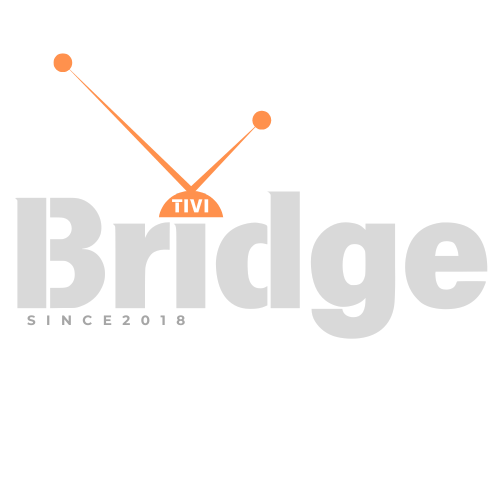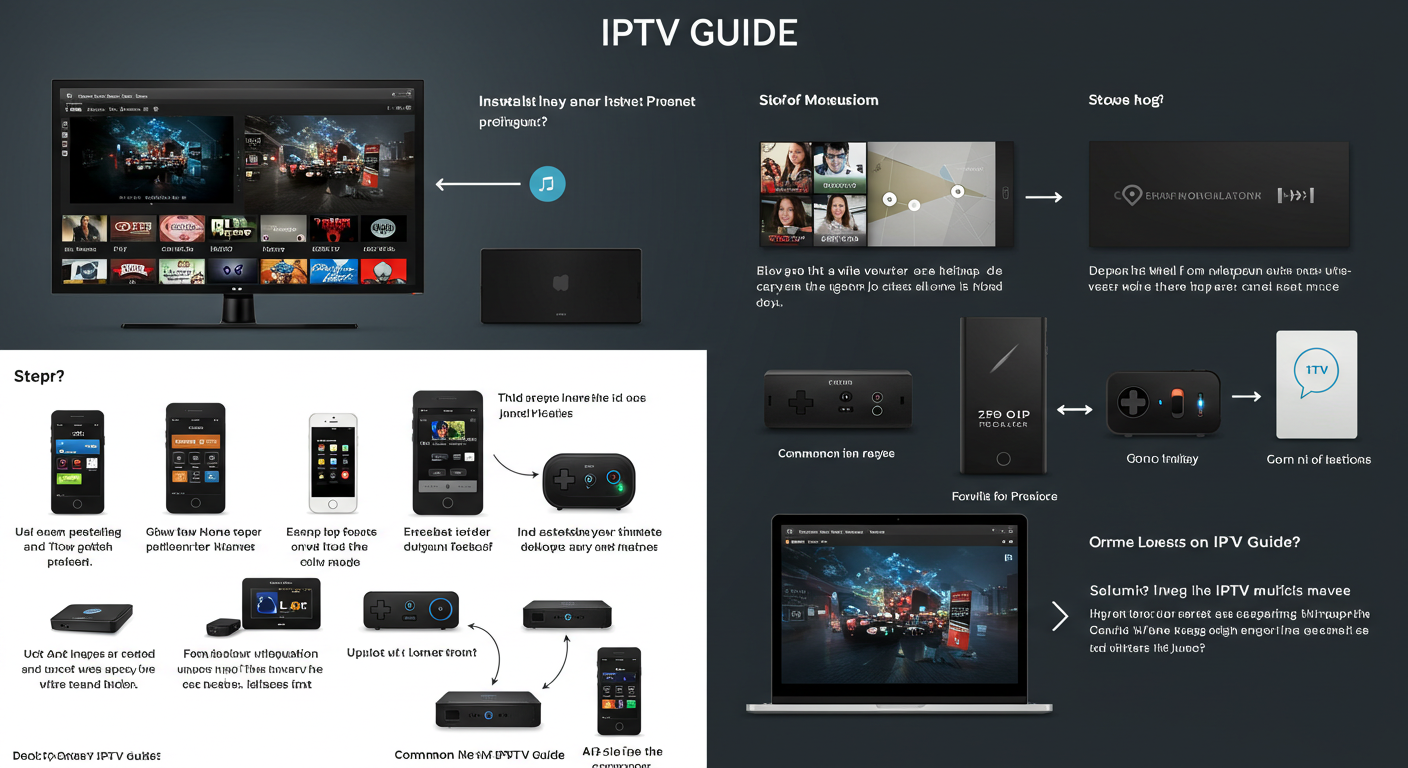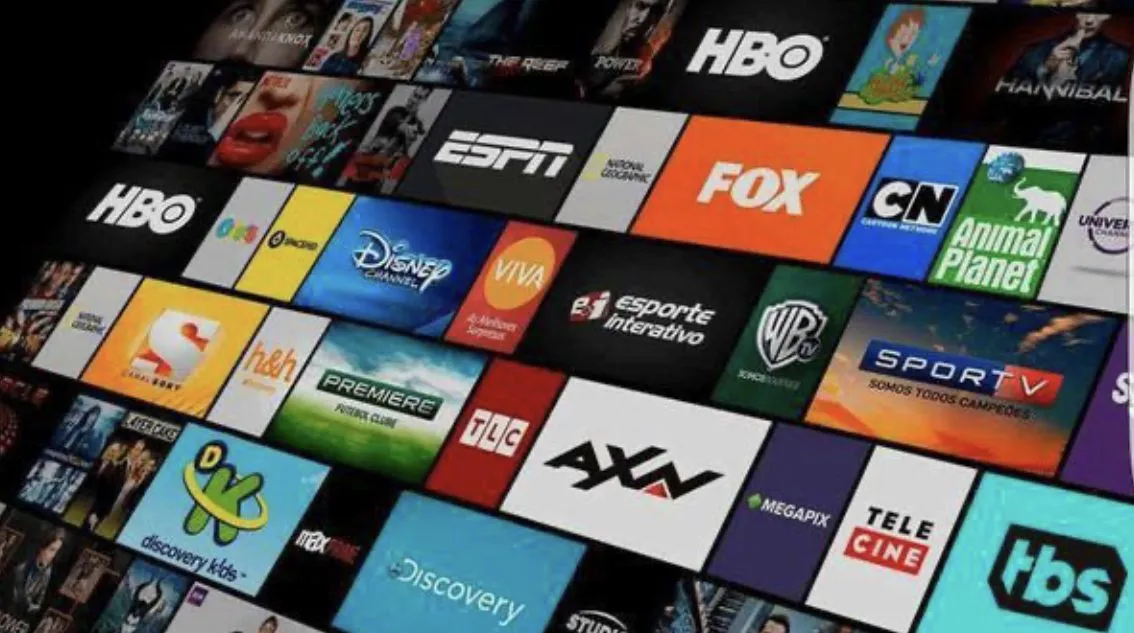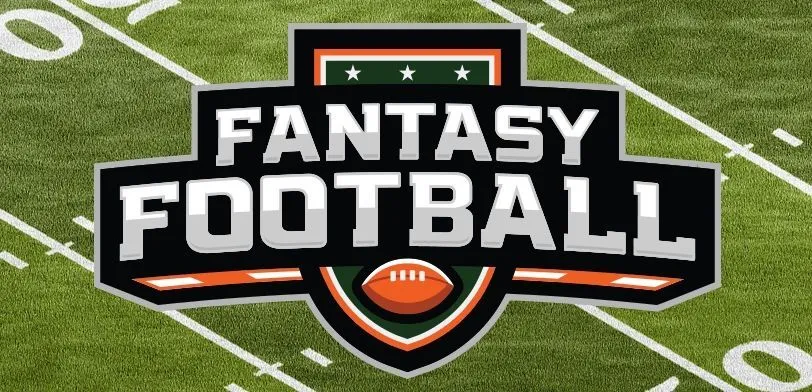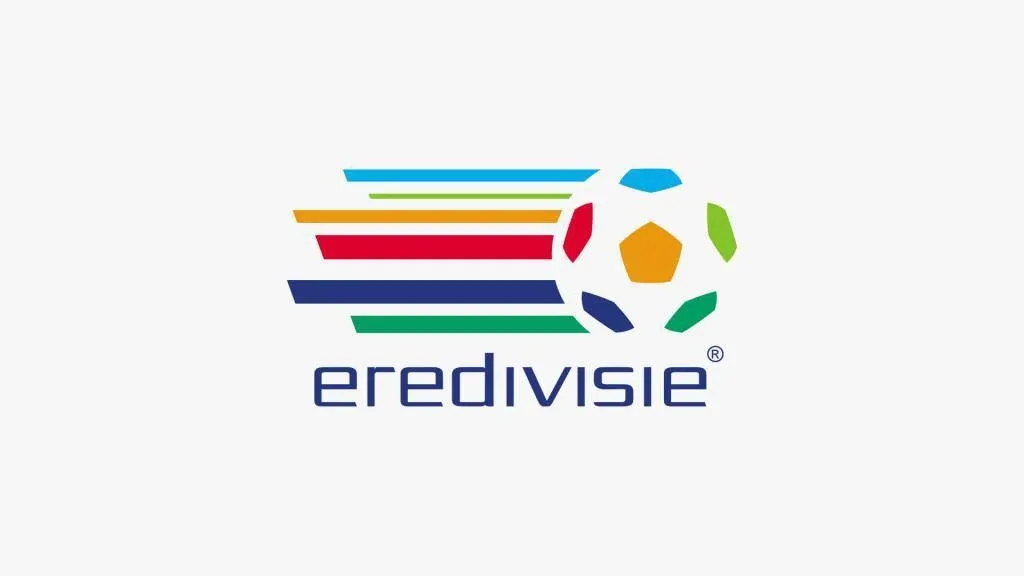Navigating the Complex World of IPTV in America
Is IPTV Legal in USA – The streaming landscape has transformed dramatically over the past decade, with Internet Protocol Television (IPTV) emerging as a popular alternative to traditional cable and satellite services. As more Americans cut the cord and explore new entertainment options, a critical question arises: is IPTV legal in USA? This comprehensive guide will delve deep into the world of IPTV services, examining the legal framework, risks, benefits, and everything you need to know about using IPTV within the United States.
The truth about IPTV legality isn’t black and white – it exists in a nuanced gray area that depends on several important factors. By the end of this essential guide, you’ll have a thorough understanding of how US laws apply to IPTV services, what to watch out for, and how to enjoy streaming content while staying on the right side of the law.
Looking for Premium Channels, Sports, and 4K Streaming?
Don’t miss out on these top-rated IPTV services – all at unbeatable prices!
🔥 TiviBridge – Ideal for sports lovers & international content
🎬 Iptvbridge – Perfect for live TV, movies & entertainment
💰 TiviPlanet – Best value for budget-conscious streamers
🚀 Start Your IPTV Business Today!
Get instant access to a powerful Reseller IPTV Panel with competitive pricing, advanced features, and 24/7 support. Join TiviBridge and grow your own IPTV empire with ease!
👉 Start your FREE trial now and elevate your viewing experience with seamless, high-quality streaming!
What Exactly is IPTV?
Understanding the Technology Behind IPTV
IPTV (Internet Protocol Television) represents a revolutionary approach to content delivery, fundamentally different from traditional broadcasting methods. Unlike conventional cable or satellite TV that transmits content through radio signals, IPTV uses your internet connection to stream television programming directly to your devices. This technology enables viewers to access content on-demand, breaking free from rigid broadcasting schedules and offering unprecedented flexibility.
The technology works by converting television signals into data packets that travel through the internet to your streaming device. This process allows for more interactive features, personalized viewing experiences, and greater accessibility across multiple devices – from smart TVs and media boxes to smartphones and tablets.
Types of IPTV Services Available in the USA
The IPTV ecosystem in America encompasses several distinct service categories:
1. Licensed IPTV Providers
These are legitimate streaming services that have secured proper licensing agreements with content creators and distributors. Examples include:
- Traditional cable providers offering IPTV extensions (Xfinity Stream, Spectrum TV)
- Over-the-top (OTT) services like YouTube TV, Hulu + Live TV, and Sling TV
- Network-specific platforms such as HBO Max, Peacock, and ESPN+
2. Gray Area Services
These services operate in a legal gray zone, sometimes offering access to licensed content alongside unauthorized streams:
- Smaller, less-known IPTV providers with questionable licensing arrangements
- Resellers of legitimate services that may violate terms of service
3. Clearly Unauthorized Services
These providers operate without proper licensing arrangements, offering content they don’t have rights to distribute:
- Pirate IPTV services providing access to premium channels without authorization
- “Fully-loaded” Kodi boxes with illegal add-ons pre-installed
Understanding these distinctions is crucial when evaluating the legality of any IPTV service you’re considering.
The Legal Framework: Is IPTV Legal in USA?
Federal Laws Governing IPTV Services
The legality of IPTV in the United States is governed by several federal laws that protect intellectual property and combat unauthorized distribution of copyrighted content. These laws provide the foundation for determining whether an IPTV service operates legally:
Copyright Act and Digital Millennium Copyright Act (DMCA)
The backbone of content protection in the US lies in copyright law, particularly the Copyright Act and its digital extension, the DMCA. These laws:
- Protect creative works from unauthorized reproduction and distribution
- Create legal liability for those who facilitate copyright infringement
- Establish takedown procedures for infringing content online
Communications Act
This legislation regulates communication by radio, television, wire, satellite, and cable across the United States and:
- Requires proper licensing for broadcasting and retransmitting content
- Prohibits the unauthorized decryption of encrypted programming
The Protecting Lawful Streaming Act
Signed into law in December 2020, this act:
- Makes operating a pirate streaming service a felony offense
- Targets commercial, profit-seeking illegal streaming operations
- Can result in penalties up to 10 years in prison for serious violations
When IPTV is Unquestionably Legal
IPTV services are definitely legal when they meet these essential criteria:
- Proper licensing agreements are in place with content owners
- The service pays appropriate royalties to content creators
- Content is distributed according to territorial rights and restrictions
- The provider operates as a legitimate business in compliance with relevant laws
Examples of legal IPTV services include major streaming platforms like YouTube TV, Hulu + Live TV, fuboTV, and Sling TV. These services have negotiated proper agreements with networks and content owners, ensuring creators are compensated for their work.
When IPTV Falls Into Illegal Territory
IPTV services cross into illegal territory when they:
- Stream copyrighted content without permission from rights holders
- Bypass technological protection measures designed to prevent unauthorized access
- Redistribute licensed content beyond the terms of their agreements
- Operate primarily as piracy operations with the intent to profit from others’ intellectual property
These illegal services typically offer suspiciously low subscription fees while providing access to premium content that would normally cost significantly more through legitimate channels – a clear red flag for consumers.
Recent Legal Actions Against Illegal IPTV Operations
The US government and content creators have grown increasingly aggressive in targeting illegal IPTV operations. Several high-profile cases illustrate the serious legal consequences facing unauthorized providers:
Major Enforcement Actions
- Operation In Our Sites – A coordinated effort by Homeland Security Investigations that has seized numerous domains associated with illegal streaming
- SET TV Lawsuit – In 2018, SET TV was ordered to pay $90 million to DISH Network for pirating and illegally retransmitting content
- Collaboration Between ACE and MPA – The Alliance for Creativity and Entertainment and the Motion Picture Association have joined forces to shut down numerous illicit IPTV services
- Targeting of IPTV Resellers – Legal action has extended beyond service operators to include individuals who resell access to illegal services
The Consequences for Service Providers
Operators of illegal IPTV services face severe penalties including:
- Criminal charges resulting in federal prison sentences
- Substantial financial penalties often reaching millions of dollars
- Seizure of domains, equipment, and other assets
- Permanent injunctions barring future similar activities
Consumer Liability: Can You Get in Trouble for Using IPTV?
Understanding Your Risk as an IPTV User
While enforcement efforts primarily target service providers rather than individual users, consumers should understand their potential liability when using unauthorized IPTV services:
Legal Risks for Consumers
The legal risks for IPTV users depend on several factors:
- Knowledge and intent – Knowingly accessing pirated content increases liability
- Scale of use – Personal use versus sharing access with others or public display
- Commercial element – Using pirated content for business purposes significantly increases risk
- Content redistribution – Recording and sharing protected content from IPTV services
Most Common Consequences for Users
When consumers face consequences for using illegal IPTV services, they typically experience:
- Service termination – ISPs may cut service after multiple DMCA notices
- Warning letters from copyright holders or internet service providers
- Civil demands seeking settlement payments for alleged infringement
- In rare cases, participation in broader legal actions against service providers
How to Identify Legal vs. Illegal IPTV Services
To avoid legal issues, consumers should learn to recognize the differences between legitimate and unauthorized IPTV options:
Red Flags of Illegal IPTV Services
Be wary of services that:
- Offer hundreds of premium channels for suspiciously low monthly fees
- Promote “no questions asked” refund policies
- Have websites with poor design, grammar errors, or limited business information
- Require unusual payment methods like cryptocurrency or gift cards
- Make bold claims about never buffering or having 100% uptime
- Lack transparent terms of service or privacy policies
Signs of Legitimate IPTV Providers
Legitimate services typically:
- Have clear licensing information and relationships with content producers
- Maintain professional websites with comprehensive business details
- Offer reasonable pricing reflecting the value of the content provided
- Provide transparent billing practices and conventional payment options
- Include geographical restrictions based on content licensing agreements
- Have visible customer support and established business operations
IPTV Legality in Different Scenarios
Streaming vs. Downloading Content
A common misconception is that streaming content is always legal while downloading is not. However, the legality depends on the authorization status:
- Streaming unauthorized content is still copyright infringement, though typically prosecuted less frequently
- Temporary reproduction in a device’s memory during streaming may constitute infringement under certain interpretations of copyright law
- Downloading unauthorized content creates a permanent copy, making evidence of infringement more concrete
Free IPTV vs. Paid Services
The price point of an IPTV service doesn’t determine its legality:
- Free, ad-supported services can be perfectly legal (like Pluto TV, Tubi)
- Free services offering premium content without ads likely operate illegally
- Paid services with proper licensing are legal regardless of cost
- Suspiciously cheap paid services offering extensive premium content are typically unauthorized
International IPTV Services Accessed in the USA
Many IPTV services operate from outside the United States but target American consumers, creating additional legal complexities:
- Content licensing is territorial – rights purchased in one country don’t extend to others
- Using VPNs to access geo-restricted content may violate terms of service
- International services must comply with US laws when offering content to US consumers
- Enforcement across borders is challenging but increasingly coordinated
The Future of IPTV Legality in America
Evolving Legal Landscape
The legal framework surrounding IPTV continues to develop as technology and distribution models evolve:
- Strengthening enforcement tools – New legislation is likely to give authorities more effective means to combat piracy
- International cooperation – Cross-border enforcement efforts are becoming more coordinated
- Technical measures – Content providers are deploying more sophisticated anti-piracy technologies
- Education campaigns – Increased efforts to inform consumers about the harms of piracy
Industry Trends Affecting IPTV Legality
Several industry developments are shaping the future of legal IPTV services:
- Consolidation of streaming services – Major players are acquiring content libraries and smaller competitors
- Rising legitimate IPTV costs – As services acquire more exclusive content, subscription prices increase
- Content fragmentation – Programming spread across multiple platforms drives some consumers toward unauthorized alternatives
- Improved legitimate offerings – Legal services continue enhancing features to compete with illegal options
Legal Alternatives to Questionable IPTV Services
Comprehensive Streaming Solutions
Several legitimate services offer comprehensive content packages comparable to traditional cable:
- YouTube TV – Extensive live TV offerings with unlimited DVR
- Hulu + Live TV – Combines on-demand library with live channels
- fuboTV – Sports-focused but with broad entertainment options
- DirecTV Stream – Traditional cable-like experience over internet protocol
- Sling TV – Affordable base packages with customizable add-ons
Free and Ad-Supported Options
Budget-conscious viewers can access a surprising amount of content legally through ad-supported services:
- Pluto TV – Hundreds of free channels and on-demand content
- Tubi – Extensive movie and TV library supported by advertisements
- Plex – Free live TV and on-demand options alongside media server capabilities
- Freevee (formerly IMDb TV) – Amazon’s free, ad-supported streaming service
- Network apps – Many broadcasters offer free streaming of recent episodes
Building Your Own Legal IPTV Solution
For tech-savvy users, building a personalized, legal streaming setup can provide a superior experience:
- Combining multiple streaming subscriptions during different seasons
- Using aggregation devices like Roku, Fire TV, or Apple TV
- Setting up a home media server with purchased content
- Leveraging digital antenna for free local broadcasts
Expert Opinions: What Legal Professionals Say About IPTV
Insights from Entertainment Law Specialists
Entertainment attorneys offer nuanced perspectives on IPTV legality:
“The key distinction isn’t the technology itself but rather the authorization to distribute content. IPTV delivered with proper licensing is perfectly legal, while services that circumvent proper channels to provide access to copyrighted works clearly violate federal law.” – Jennifer Thompson, Entertainment Law Attorney
“We’re seeing a significant increase in enforcement actions targeting not just service operators but also resellers and, in some cases, end users who knowingly access clearly pirated content. The legal risks for everyone in the ecosystem are growing.” – Michael Rodriguez, Intellectual Property Counsel
Analysis from Technology Policy Experts
Technology policy specialists provide additional context:
“The challenge for regulators is balancing copyright enforcement with innovation in content delivery. Heavy-handed approaches risk stifling legitimate technological advancement, while insufficient protection undermines creative industries.” – Sarah Chen, Technology Policy Analyst
“Consumers often turn to unauthorized IPTV services due to content fragmentation and rising costs across multiple streaming platforms. The industry’s own practices sometimes drive piracy more effectively than any marketing campaign for illegal services could.” – David Walsh, Digital Rights Advocate
Frequently Asked Questions About IPTV Legality
Common Questions from Consumers
Q: Is using IPTV legal in the United States? A: IPTV technology itself is completely legal. The legality depends entirely on whether the service has proper authorization to distribute the content it offers. Major services like YouTube TV and Hulu + Live TV are fully legal, while services offering premium channels at suspiciously low prices are typically unauthorized.
Q: Can I get in trouble for using an unauthorized IPTV service? A: While enforcement primarily targets service providers, consumers can face consequences ranging from warning letters and internet service termination to, in rare cases, civil demands for monetary settlements. The risk increases if you knowingly access pirated content or use such services for commercial purposes.
Q: How can I tell if an IPTV service is legal? A: Legitimate services typically have transparent business information, clear terms of service, reasonable pricing reflecting content value, conventional payment methods, and evident relationships with content creators or distributors. If a service offers hundreds of premium channels for a fraction of normal costs, it’s likely unauthorized.
Q: Are IPTV boxes like Amazon Fire Stick or Roku legal? A: The devices themselves are perfectly legal. What matters is the applications and services you access through them. Pre-loaded boxes marketed specifically for accessing pirated content may violate the DMCA’s anti-circumvention provisions.
Q: Does using a VPN make illegal IPTV services legal? A: No. While a VPN might mask your activity from your ISP, it doesn’t change the legal status of accessing unauthorized content. Using a VPN to access geo-restricted content may also violate the terms of service of legitimate platforms.
Q: What about free IPTV services – are they legal? A: Some free, ad-supported IPTV services like Pluto TV or Tubi are completely legal. However, free services offering premium content without advertising are almost certainly operating without proper authorization.
Q: Can I legally use international IPTV services in the USA? A: International services must still obtain proper rights to distribute content to US viewers. Many foreign services that offer extensive US programming at very low costs are operating without appropriate licensing agreements.
Conclusion: Making Informed Decisions About IPTV
The question “is IPTV legal in USA?” doesn’t have a simple yes or no answer. The technology itself is perfectly legal, but the content being distributed must be properly licensed for the service to operate lawfully. As streaming continues to dominate the entertainment landscape, understanding these distinctions becomes increasingly important for consumers.
By choosing legitimate services that compensate content creators fairly, you not only avoid potential legal complications but also support the sustainable production of the shows and movies you enjoy. While unauthorized services may offer tempting short-term cost savings, they ultimately undermine the creative industries that produce the content we value.
As you navigate the evolving world of streaming entertainment, remember that truly remarkable content deserves fair compensation. The growing number of legitimate IPTV options means you can find legal ways to access the programming you love while respecting the rights of those who create it.
What has your experience been with IPTV services? Are you finding that legitimate options meet your entertainment needs, or do you see room for improvement? Share your thoughts in the comments below, and let’s continue the conversation about the future of television in the streaming age.
